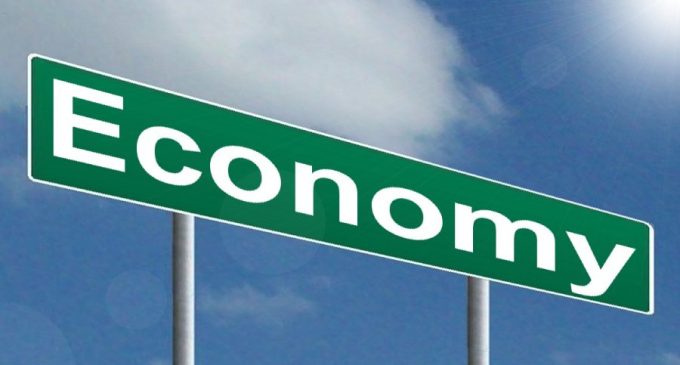Irish economy set to contract by 3.9% in 2020 but shows resilience despite COVID-19 impact

EY has revised upwards its mid-year forecasts for the Republic of Ireland in the firm’s latest Economic Eye as the resilience of the technology and pharmaceutical sectors combined with the effect of government support mitigate the severe impact of COVID-19 on the economy. EY predicts annual economic output, or GDP, will contract by 3.9% in 2020 before returning to growth of 3.5% in 2021.
Commenting on the report, Professor Neil Gibson, Chief Economist for EY Ireland said, “The pace of the consumer rebound in late summer was leading to an upward revision of the forecasts across the island but tightening restrictions and new levels of anxiety and concern have edged the projections downwards again. Despite apparently contradictory data on the severity of the pandemic damage, closer inspection shows, unsurprisingly, that the level of labour market disruption has been broadly similar across the island.”
Impact on the labour market has been pronounced. Almost two out of every five jobs in the Republic have been disrupted – where employers are relying on wage subsidy supports or employees have had to claim the pandemic unemployment payment.
The report predicts a long and arduous recovery for some of the worst hit sectors including retail and accommodation.
This lockdown is slightly different
The impact on the economy during this quarter is not likely to be as damaging as the hit during the second quarter. This is in large part due to the progress made in health treatments and a more prepared business community, with greater adoption of digital service delivery, where possible. This will be scant consolation, however, to businesses in the retail, tourism and hospitality sectors in particular, which had hoped for a strong Christmas to make up lost sales.
Strength in ICT, pharma and agri-food sectors has been vital for the economy
Ireland’s export base and sectoral mix has insulated the economy against the full impacts of the pandemic and the restrictions imposed to protect public health.
Neil says: “If you had to pick sectors to specialise in during a pandemic, ICT, pharma and agri-food would be top of the list. These will help to maintain Ireland’s increasingly predictable place at the top of the European growth charts. Despite the well documented complexities in Irish GDP figures, the tax receipts data support this resilience, however it should not distract from the damage in the domestic economy which is such an important source of employment. The insulation for this side of the economy comes from the Government’s ability to offer financial support, something it couldn’t do as easily in the last recession.”
Resilience and competitiveness will be the drivers of future growth
A surge in consumer spending during summer provided a welcome, if fleeting, sense of optimism. Pent-up demand was evident even in the worst-impacted sectors as consumers returned in force to in-person dining, travel, leisure and retail where possible.
Businesses across the economy have built on their ability to fulfil orders and provide services digitally. The swiftness with which many also embraced working-from-home, albeit through necessity, was a testament to the inherent resilience and agility within the economy.
Head of Markets, EY Ireland Graham Reid commented, “A more resilient and digitally-enabled world has now been road-tested and revealed a number of positives for firms of all sizes and sectors. Future growth will be driven by our ability to build an increasingly more nimble and creative economy and society.”




















